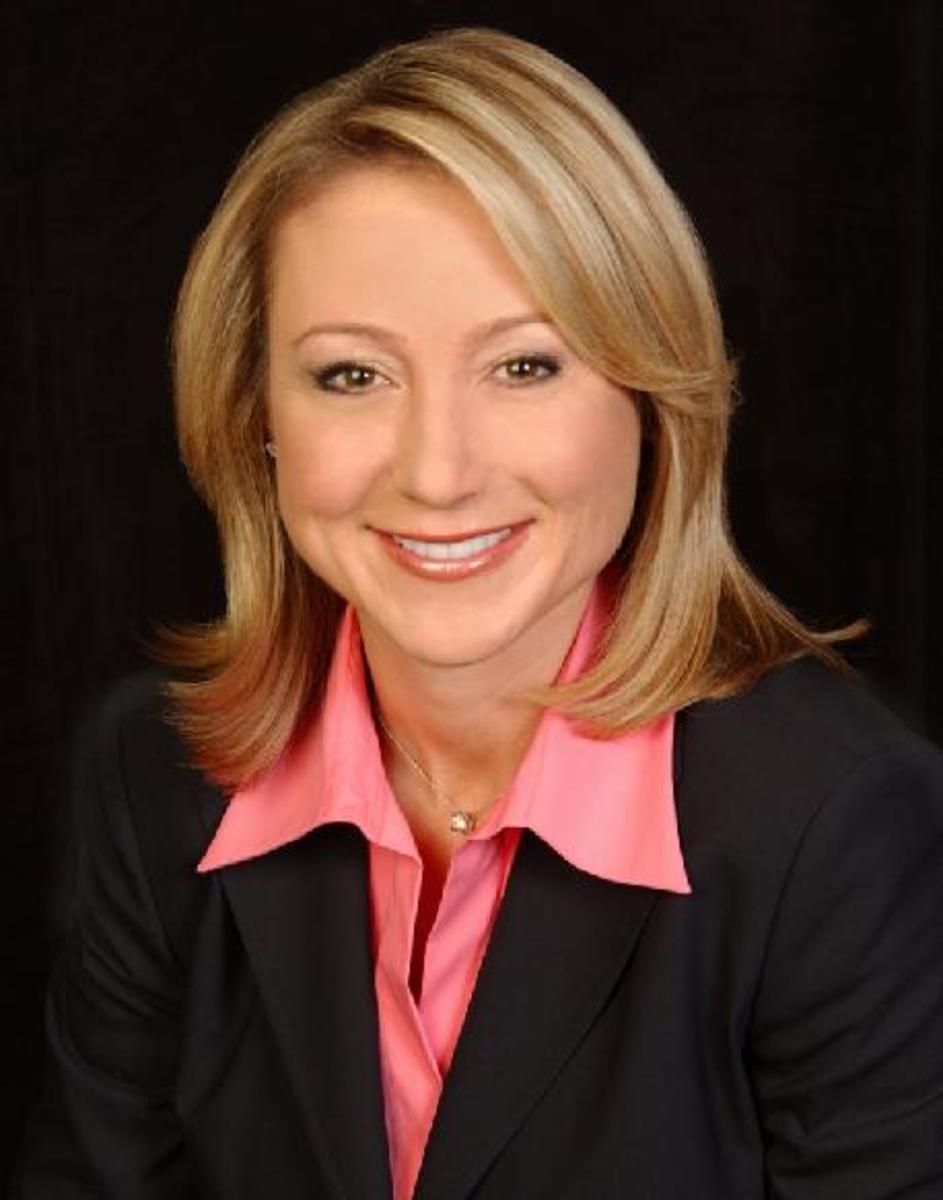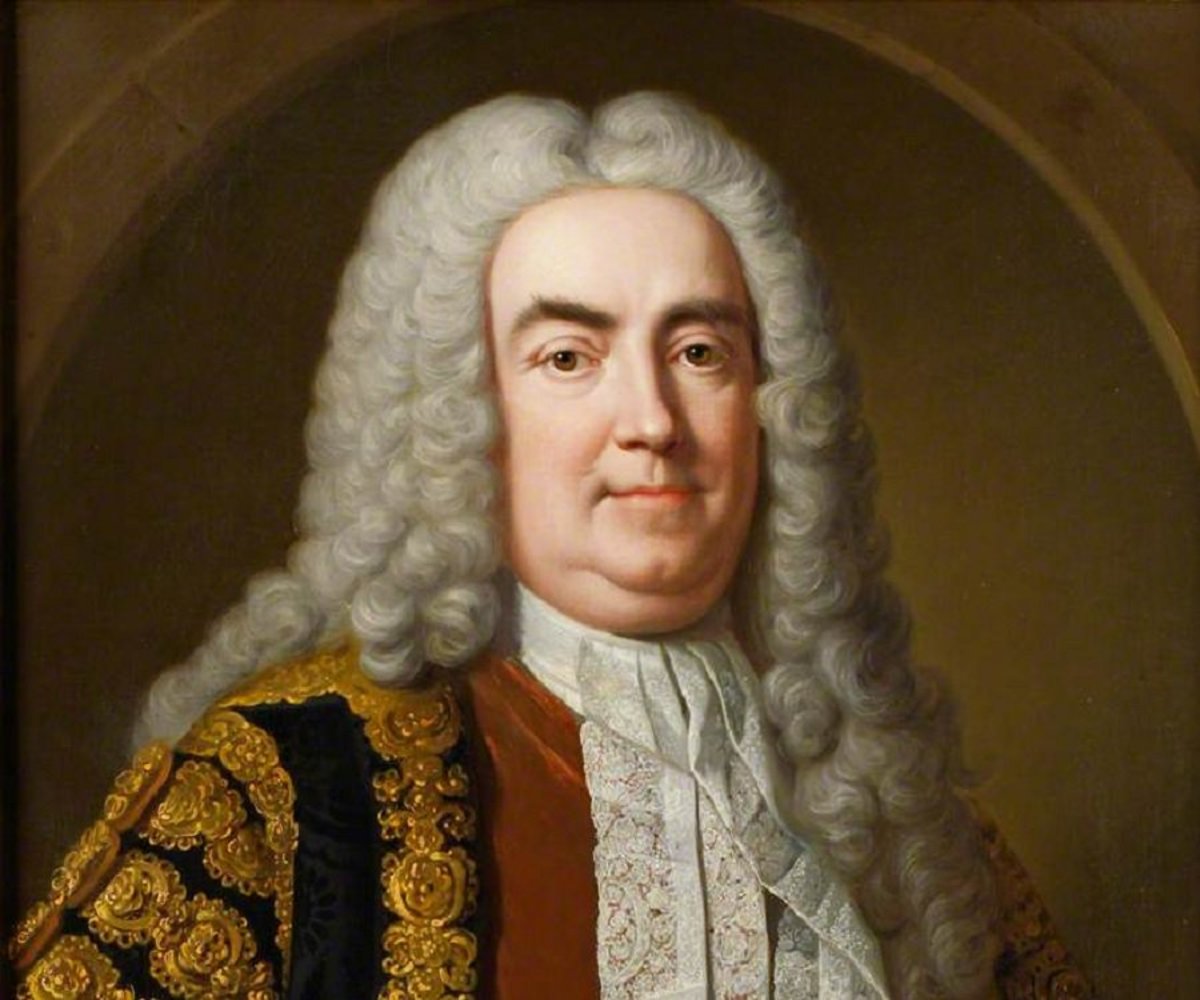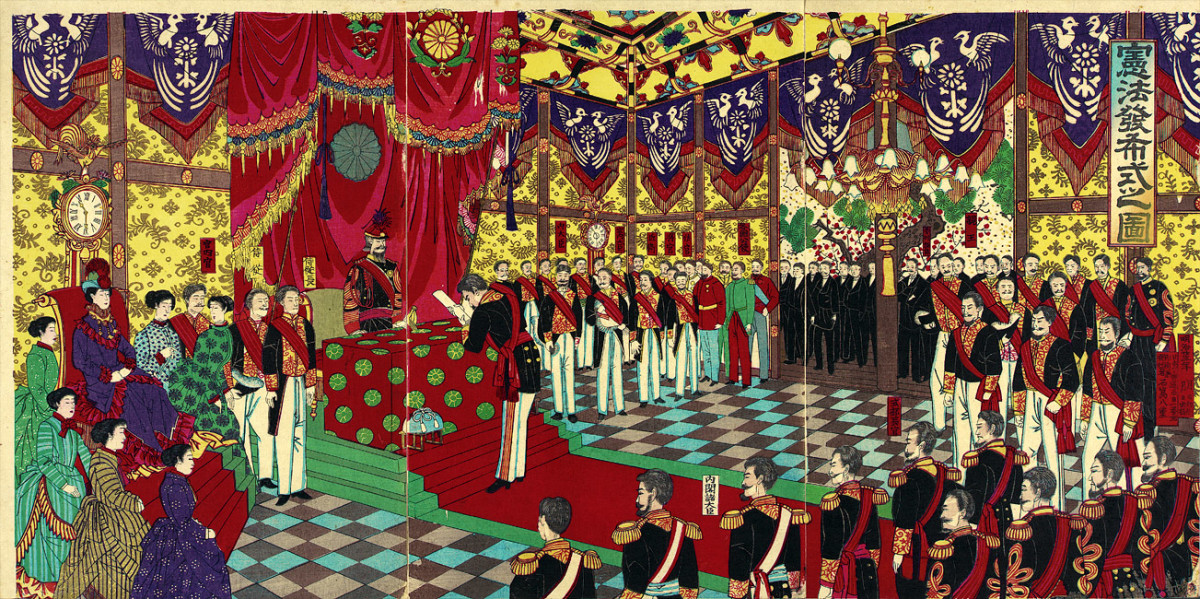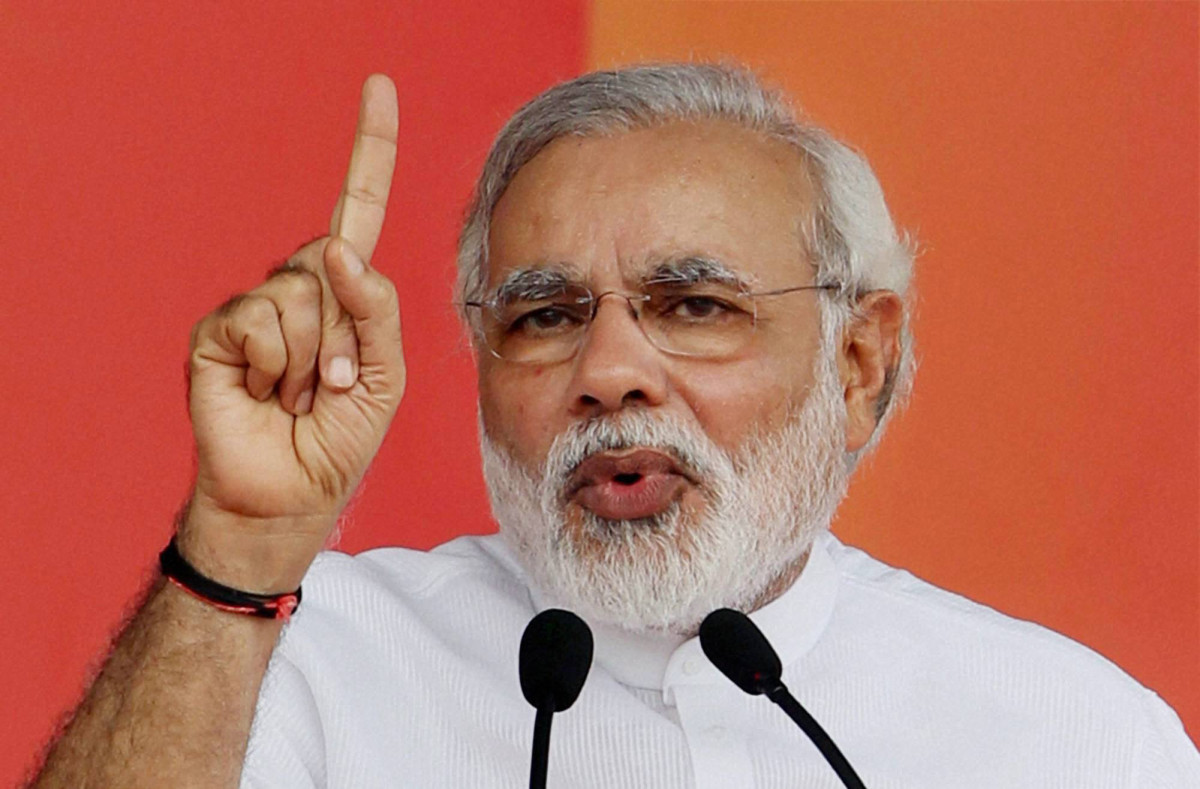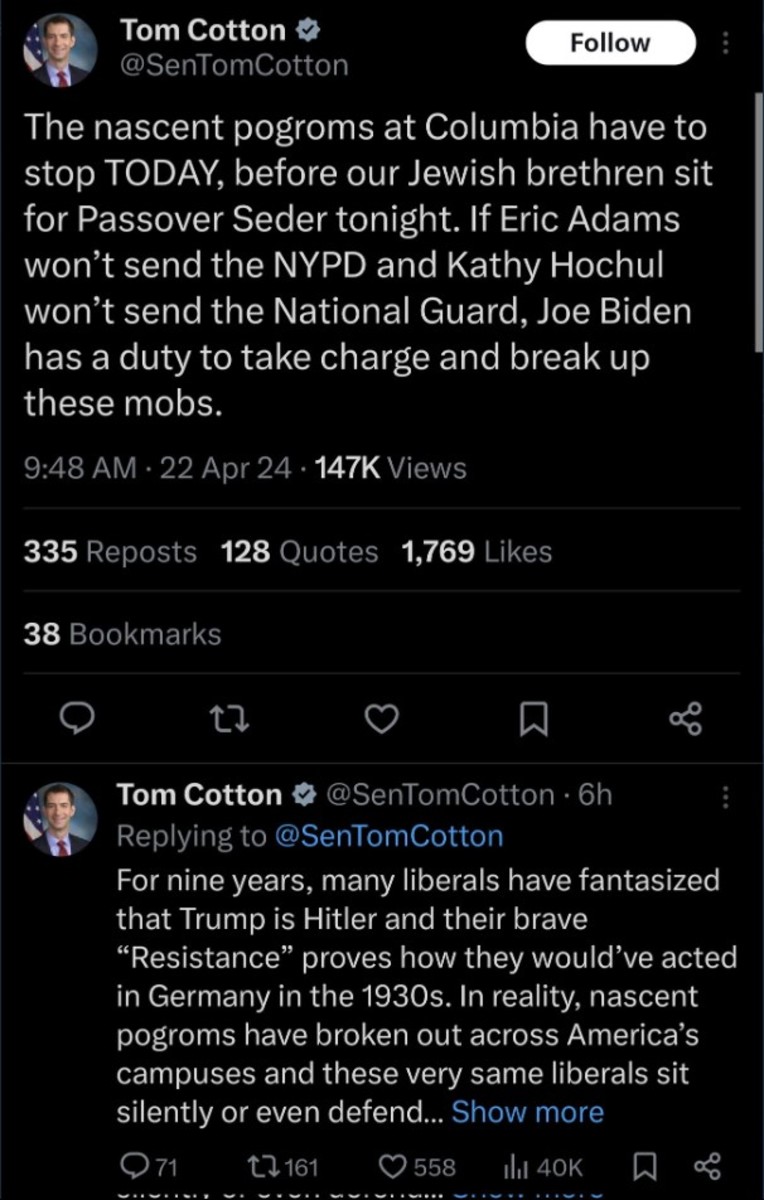The Prime Ministers Of Canada
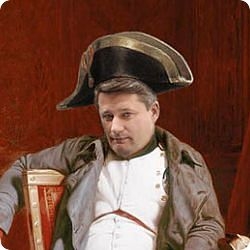
A Collection of Weirdos
I love Canada, and I am a political junkie. Our Prime Ministers are characters, they are unique, they stand out, they have charisma. You are now probably looking at Stephen Harper and saying, really.... well to that I say, he is the exception that proves the rule.
In Canada we don't bother with sex scandals instead we vote in guys who get their political advice from their dead mothers, are raging alcoholics, or have no problem punching protesters in the face. These are OUR leaders, what has your leader done to amuse you lately!
Most Canadian's can't really name all the prime ministers of the past, but (with the help of Google) I can, and so I present to you a list of past PM's and a brief history of their zany (and often not so zany) antics.
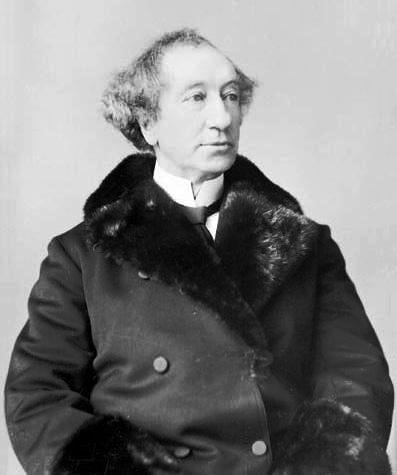
Sir John A. Macdonald - Liberal-Conservative Party
1 July 1867 - 5 November 1873
17 October 1878 - 6 June 1891
Sir John A Macdonald was Canada's first Prime Minister. It is well documented that Sir John A. was a raging alcoholic, but that didn't stop Canadians from voting him into the top office 6 times. He was famous for claiming he could function better drunk than any of his opponents could manage sober.
Beyond being Canada's first Prime Minister John A is known for creating the North West Mounted Police, the predecessor to the world famous RCMP. He resigned from his first term of Prime Minister under allegations of accepting bribes.
There have always been rumours that Sir John A Macdonald was a big believer in Big Foot (aka Sasquatch) however I have yet been able to find any evidence that this is true.
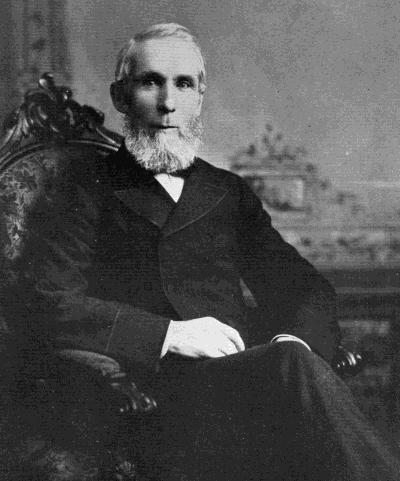
Alexander Mackenzie - Liberal Party
7 November 1873 - 8 October 1878
Alexander Mackenzie had some pretty strong opinions of democracy, and thus refused to be knighted on three separate occasions and remains the only of the first eight Prime Ministers of Canada that never obtained knighthood.
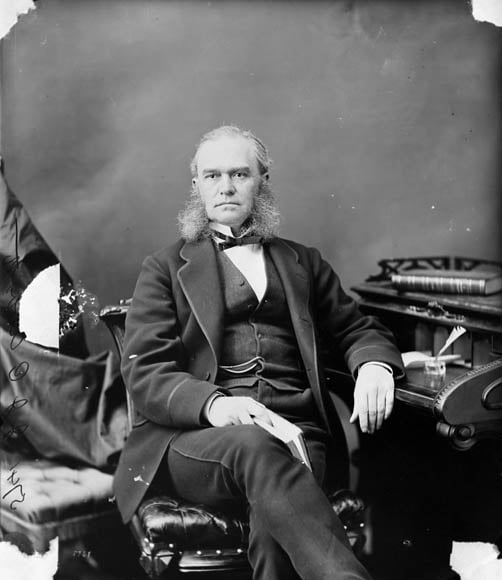
Sir John Abbott - Liberal-Conservative Party
16 June 1891- 24 November 1892
Sir John Abbott became Prime Minister when John A. Macdonald died in office. He served just over one year before retiring in ill health. He never won an election as leader of the Conservatives, he was appointed PM.
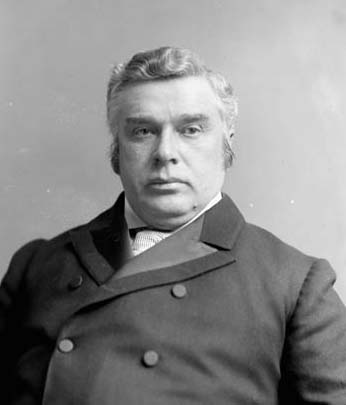
Sir John Thompson
Liberal-Conservative
5 December 1892 - 12 December 1894
Sir John Thompson has the dubious honour of holding the record for being the youngest Past Prime Minister to die, he was 50 years old when he died of a heart attack.
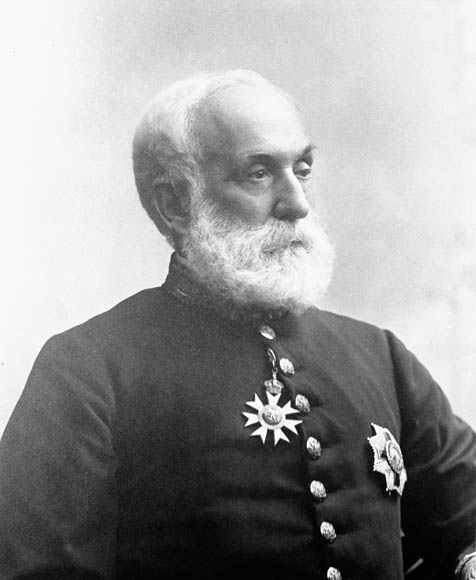
Sir Mackenzie Bowell - Conservative Party
21 December 1894 - 27 April 1896
What can be said about Sir Mackenzie Bowell, well honestly not much. The only issue of note he battled was the Manitoba Schools Question, an attempt to right the fact that Manitoba had cut all funding to Catholic schools. In 1999 a poll was held to determine the ranking of the Prime Ministers up to that poine (20), he ranked 19th, so I guess it can be said he's not the worst Prime Minister in Canada's history.
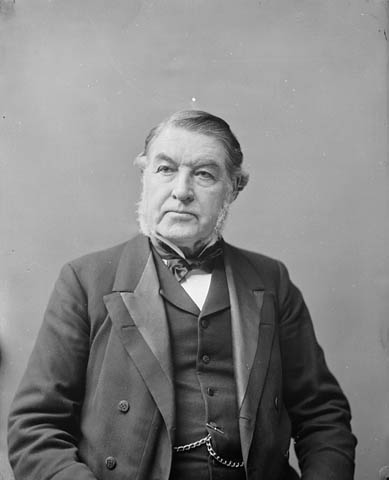
Sir Charles Tupper
Conservative Party
1 May 1896 - 8 July 1896
Sir Charles Tupper was the first of only two Prime Ministers to have been appointed to the position without holding a position in parliament first (the other was Turner). He was a huge supporter of confederation and in fact is remembered as one of the Fathers of Confederation.
Tupper never had the opportunity to sit in parliament as prime minister, he was sworn in on May 1st 1896 and was defeated by Sir Wilfrid Laurier in the election and had to step down on July 8 1896.
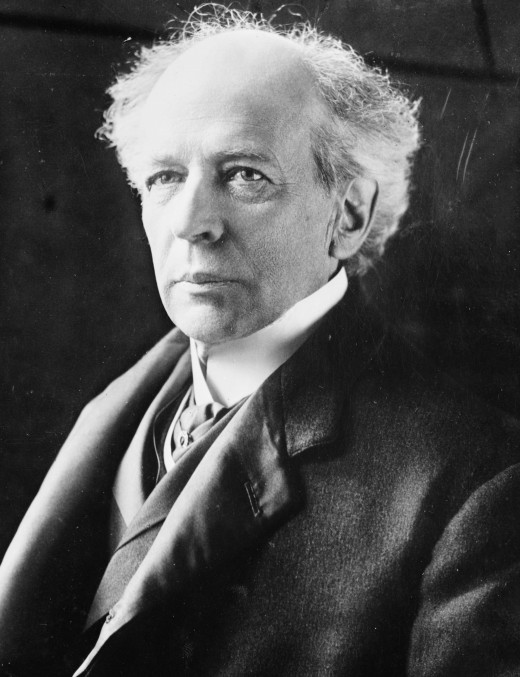
Sir Wilfrid Laurier - Liberal Party
11 July 1896 - 6 October 1911
Sir Wilfrid Laurier is one of the greats, he was one of the most popular politicians of his day. Laurier has the distinction of being the first French Canadian Prime Minister. He served as Prime Minister of Canada for a record 15 years winning four elections in a row.
It is often said that Wilfrid Laurier removed the rights of natives to vote. While it was definitely true that Laurier did not think natives had the comprehension necessary to grasp politics and thus should not be allowed to vote, the natives were never truly allowed to vote prior to Laurier so it is unfair to claim that he removed this right. His government did clarify the laws and one such clarification was to make it clear that a native was not allowed to vote under certain circumstances.
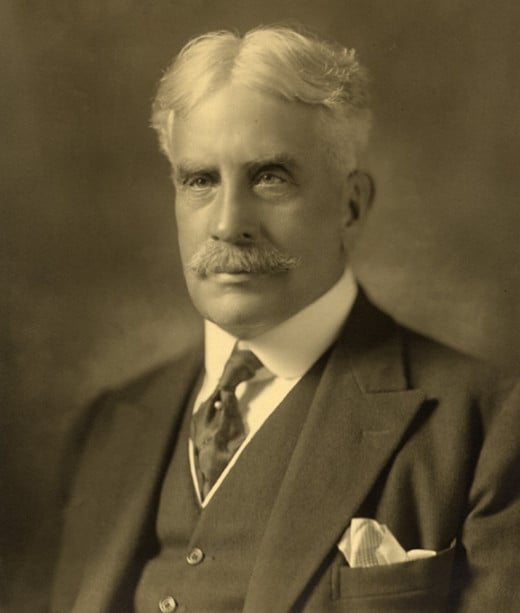
Sir Robert Borden
Conservative Party then ran and won under Unionist Party
10 October 1911 - 11 October 1917
12 October 1917 - 10 July 1920
Sir Robert Borden had the unfortunate task of leading the country during the first World War. Under his administration there was also the Conscription Crisis of 1917 which caused considerable strife between english and french Canada.
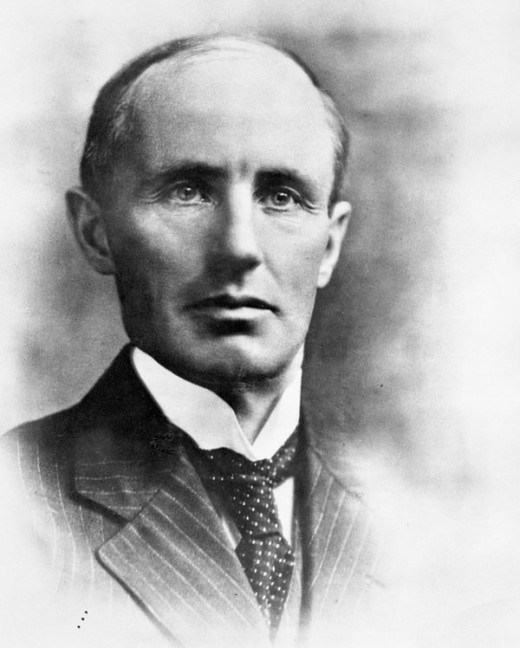
Arthur Meighen
National Liberal and Conservative Party
10 July 1920 - 29 December 1921
29 June 1926 - 25 September 1926
Arthur Meighen became PM twice, however, both times by appointment rather than as a result of an election. He is the only Prime Minister to represent Canada from Manitoba, and he was the first Prime Minister to hold the title that was born after Confederation. He was also a key player in the King-Byng Affair.
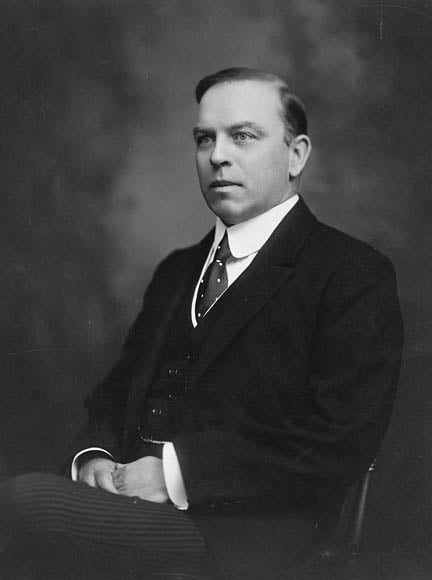
William Lyon Mackenzie King - Liberal Party
29 December 1921 - 28 June 1926
25 September 1926 - 7 August 1930
23 October 1935 - 15 November 1948
King was a man guided by his principles, and this was very clearly demonstrated in the famous King/Byng affair. In 1926 King requested that the Governor General of Canada at the time, Lord Byng, call an election, Byng refused and King stepped down, Byng invited Arthur Meighen to form government, which he did. At the first chance King's Liberals passed a vote of non confidence and Meighen requested a dissolution of parliament which Byng had no choice but to grant giving King his earlier requested election. Many view the King-Byng thing as a flagrant abuse of the powers of the Governor General, however as no precedent existed for King's request I think it safe to say Byng was within his rights, and constitutionally bound to offer Meighen a chance to form government.
King's governments were responsible for the creation of Old Age Pension, CBC, National Film Board, Unemployment Insurance, Canada's first foreign embassies, and much more. He was arguably one of the most effective Prime Ministers in Canadian History.
King's private life is where things take a serious bend. King was a highly spiritual man, and was said to hold seances to commune with the dead for advice often to seek advice on political matters with his dead mother and two of his dead dogs, who were apparently rather politically savvy in the afterlife.
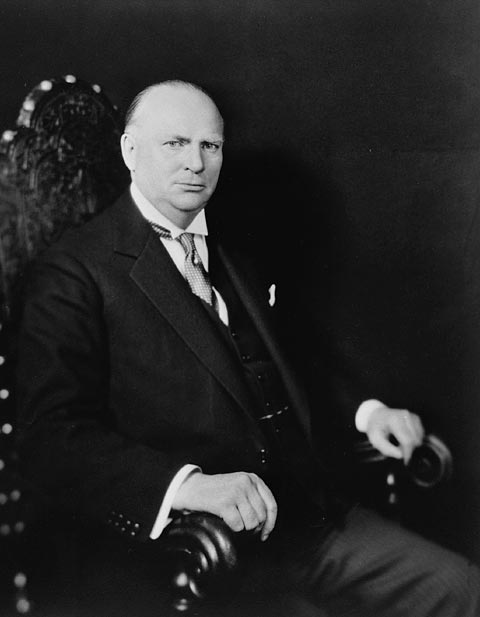
Richard Bedford Bennett - Conservative Party
7 August 1930 - 23 October 1935
R.B. Bennett was one of two Prime Ministers who had the unfortunate task of governing during the Great Depression, King was the other. While he did appear to try to combat the Depression by increasing international trade his wealth and societal position was his downfall. His pro business and pro banks stances did nothing to help the sufferings of those who were most hurt by the depression. His strong anti-communist position earned him the nickname "Iron-Heel Bennett".
The one thing that Bennett seemed most effective at was as a political talent scout, he spotted talent in a young Lester Pearson and encouraged and fostered his political career.
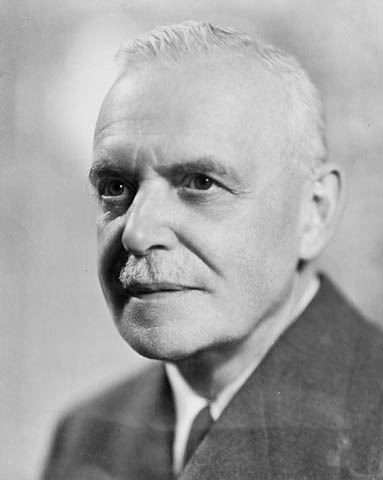
"Uncle" Louis St. Laurent - Liberal Party
15 November 1948 - 21 June 1957
This guy is straight outta Compton, no really, he's from Compton Quebec, and while he might not have the lyrical rhymes of NWA, he was a powerhouse of his day. He was Irish French Canadian, so you know he's a serious fighter.
He was one of the first recipients of the Order of Canada.
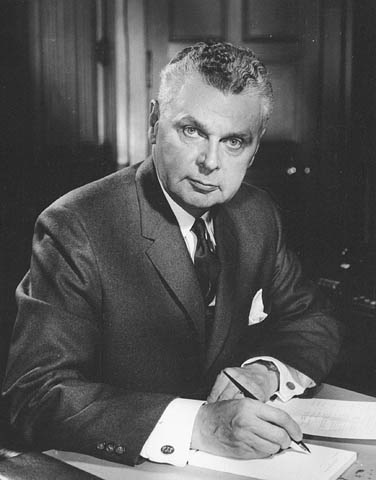
John "Dief The Chief" Diefenbaker - Progressive Conservative Party
21 June 1957 - 22 April 1963
John "The Chief" Diefenbaker is one of Canada's most memorable Prime Ministers, partly due to the main character of the TV Show Due South having a dog named Diefenbaker, and the famous Stompin Tom tune Dief the Chief. but his accomplishments do stand on their own merit. He was a populist from the prairies who tried (with some success) to reform the Conservatives.
When his party lost the election in 1965 a campaign to remove him as party leader was started, and in 1967 Robert Stanfield took over the helm of Diefenbaker's Progressive Conservative Party.
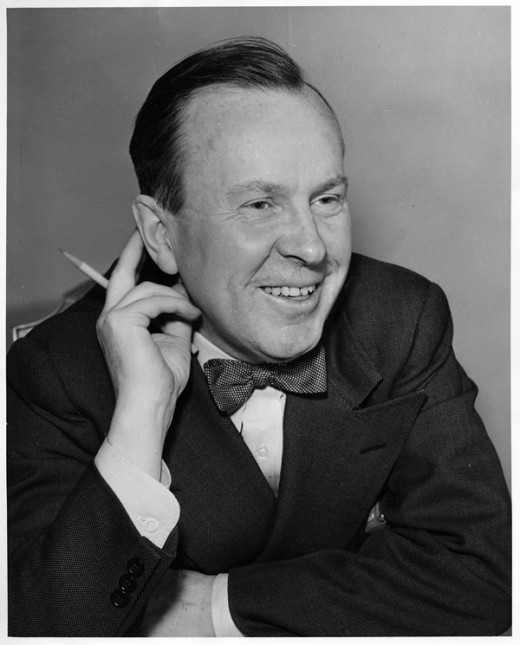
Lester B. Pearson - Liberal Party
22 April 1963 - 20 April 1968
Pearson is responsible for taking Tommy Douglas idea of government healthcare and introduced Universal Health Care. Tommy Douglas may have been the father of health care in Canada, but Pearson had a hand in raising the child.
It is during his tenure that the Canadian Flag is officially recognized, despite Diefenbaker's long campaign against the design.
Despite his accomplishments as Prime Minister, it is his role during the Suez Crisis with the UN that he is most remembered for. In 1957 he received a Nobel Peace Prize (before it was simply sold to the highest bidder as it seems to be now) for his peacekeeping initiatives during that crisis. He is considered to be the father of modern peacekeeping.
For no apparent reason Lester Bowles Pearson preferred to go by the name of "Mike", how you get Mike from Lester I'll never figure out.
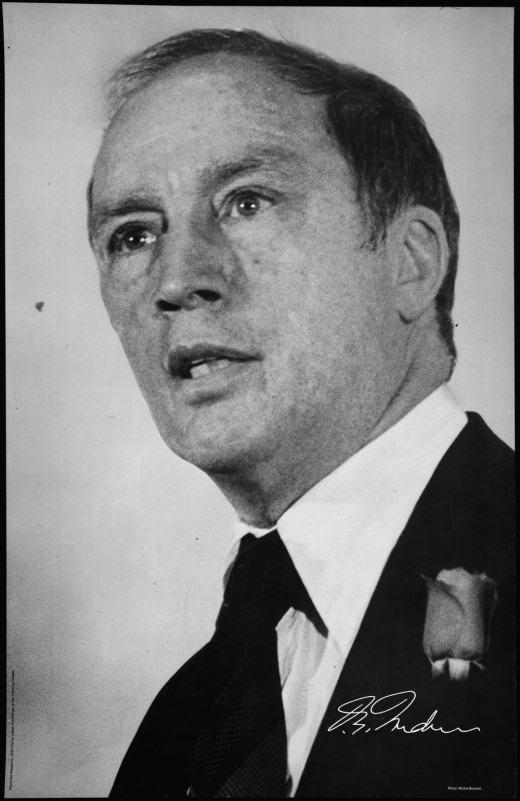
Pierre Elliott Trudeau - Liberal Party
20 April 1968 - 3 or 4 June 1979
3 March 1980 - 29 or 30 June 1984
P.E.T. is probably the single most recognizable name in the game of Canadian Politics. He was a man of undeniable passion for his country, outcast by the french reviled by the english, loved by both.
In 1970 the October Crisis occurred when the FLQ kidnapped two men, and killed one of them. Trudeau responded with fervor and implemented the broad powers of the War Measures Act. The parliament was against him from this, but the public appeared to understand the reasoning. When he was asked in an interview how far he would go to subdue the FLQ he famously responded "just watch me". In his fifth term as Prime Minister he and a growing star in his cabinet a certain Jean Chretien, oversaw the 1980 referendum and the rewriting of the constitution, along with the introduction of the Charter and Rights and Freedoms. He is also responsible for the Official Languages Act, a move some consider made it near impossible for a english speaker who did not speak french to get a government job, but did increase the ability of french speakers to land jobs that were far out of their reach in the past.
Trudeau is also infamous in Alberta for the National Energy Program (NEP) which is blamed for an economic crash in that province. While it is unclear if the NEP is completely to blame, or if part of the blame lay with a global downturn in oil prices Albertan's will never forgive Trudeau for his part in the program.
Despite all of his accomplishments he is best known for Trudeaumania, which is simply his near rockstar status at the time. He maintained this image with antics such as his famous pirouette behind the queens back during a visit and sliding down the bannister in the parliament buildings to meet the press.
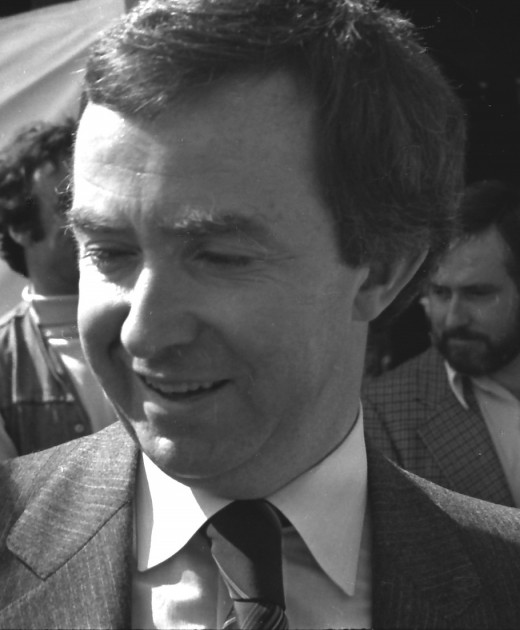
Joe "Joe Who?" Clark
Progressive Conservative Party
4 June- 1979 - 2 or 3 March 1980
Becoming Prime Minister at the tender age of 40 Joe Clarke (AKA "Joe Who?") holds the record for the youngest Prime Minster of Canada. His reign was short, and sweet, but he is still memorable. After being turfed as leader in 1983 he returned to the position in 1998 and was the last leader of the Progressive Conservative Party of Canada before it was sold out from under him in 2003, or rather I should say the PC party merged with the Alliance party despite his protests.
Arguably he has been considerably more effective as an ex-Prime Minister than he ever was as a Prime Minister.
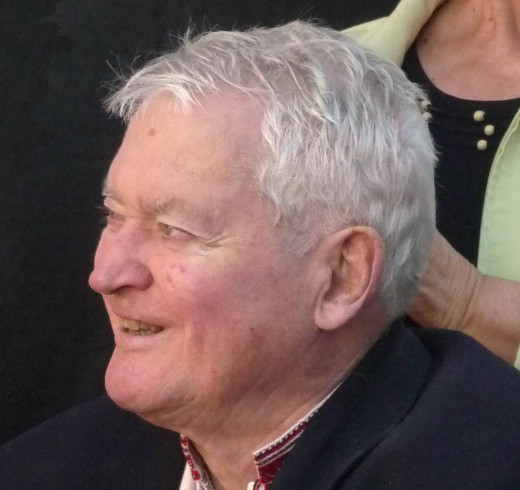
John Turner - Liberal Party
30 June 1984 - 16 or 17 September 1984
John Turner inherited the position of Liberal Leader and Prime Minister (much to the chagrin of Jean Chretien) when Trudeau stepped down in 1984 he was however unable to hold power and never got the chance to sit in parliament.
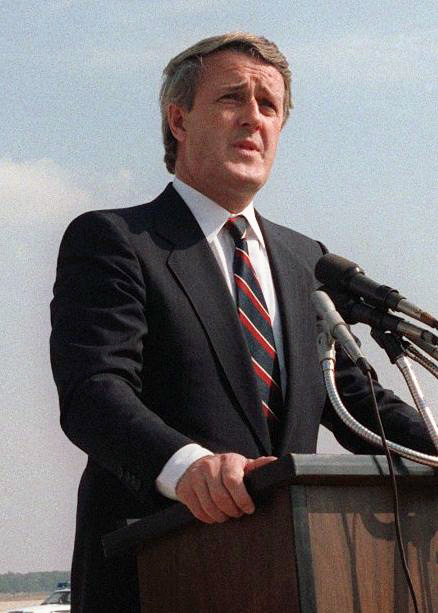
"Lyin'" Brian Mulroney - Progressive Conservative Party
17 September 1984 - 24 or25 June 1993
Brian Mulrony is best remembered for his chin, it was a strong chin, of that there can be no doubt. Sorry about that, you can't bring up Mulroney and NOT make a chin reference, its Canadian Law, seriously look it up.
Mulroney is generally thought to be the worst Prime Minister Canada has ever had, and those that don't think its him believe it to be Trudeau, so you can see partisan lines nice and clearly. He brought Canada the much reviled GST (Goods and Services Tax), and even worse NAFTA (North American Free Trade Agreement). If that's not condemning enough he was on good terms with Ronald Regan. But enough of that, my political leanings are showing.
It was under his reign that the Environmental Protections Act was passed, and who can forget Meech lake and Charlottetown Accords.
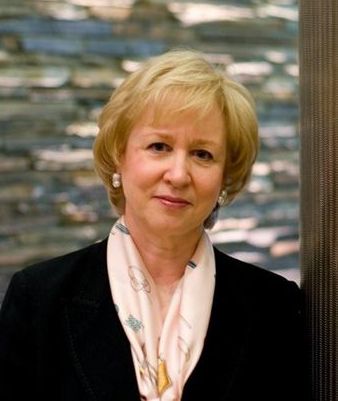
Kim Campbell
Progressive Conservative Party
25 June 1993 - 3 or 4 November 1993
Kim Campbell was Canada's first female Prime Minister. If there is anyone I feel pity for in politics its Kim Campbell, or as she's better known as, Mulroney's sacrificial lamb. She went into the 1993 election actually assuming she could win after Mulroney stepped down and left a party in ruins and rife with controversy under her control. She really had no hope however. 1993 would see the worst rut in Canadian Political History, the PC party of Canada was reduced to just three seats which bumped them off the official party list and reduced them to the fifth most popular party in a government with only five parties holding seats. It made the Bloc Quebecois, a separatists party, the official opposition. This is the final nail in the coffin of the PC Party of Canada. No matter how much credibility Joe Clarke would bring to the party it would never recover.
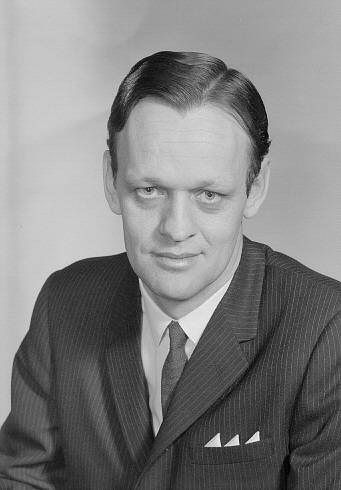
Jean Chrétien - Liberal Party
4 November 1993 - 11 or 12 December 2003
Possibly the only man who's second language is better than his first (long standing joke). No one is quite sure how Chretien managed to be understood by so many people when his language skills in both of his languages was so abysmal, however he had charisma that made Trudeau look like a wallflower and a will so powerful it swept all opposition to the sidelines.
His status as a fighter is well established, in 1996 a protestor confronted him, Chretien responded by grabbing the protestor by the throat and throwing him to the ground, the move became known as the "Shawinigan Handshake". The year prior to that there was an attempt on his life, the would be assassin snuck into the official Prime Minister's residence and was confronted by Aline, Jean's wife, who ran into the bedroom and warned Jean who at first dismissed it as a bad dream but then reportedly stood guard at the bedroom door while Aline called the police and they waited for response.
There has always been a question as to why he always talked out of the side of his mouth, many rumours have been spread about it, some claim it was a problem dental issue that killed a nerve in his face paralyzing part of his face, others claim all sorts of other medical issues. The truth is actually not that hard to find, in his biography "Chretien, Volume I: The Will to Win" the author uncovered that it was actually due to frostbite as a child which damaged muscles and nerves in Chretien's face.
He retired from politics under the haze of scandal. The Gomery report was launched into the Sponsorship Scandal, but Chretien, no longer Prime Minister escaped any long term effects.
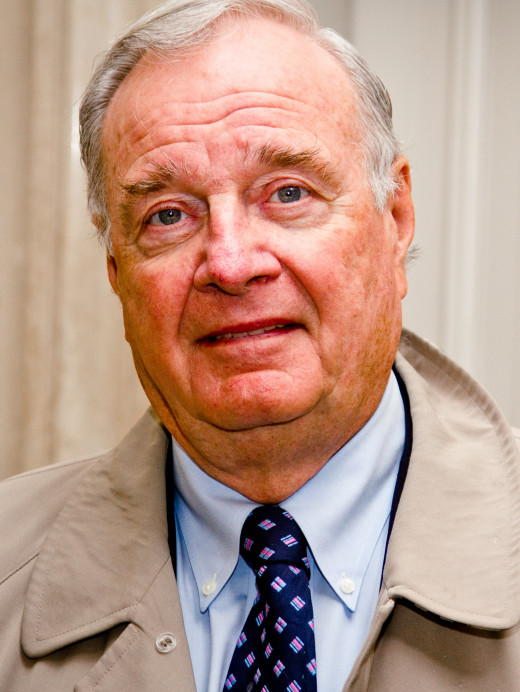
Paul Martin - Liberal Party
12 December 2003 - 5 or 6 February 2006
After Paul Martin was handed the reigns of the battered Liberal Party many people assumed the next election would be a rut that would be similar to the Kim Campbell defeat, but it wasn't. Paul Martin managed to hold onto power just a little bit longer than expected, and that's impressive given the climate at the time. If his legacy ended there it should be enough to make him remembered, but it doesn't.
He may have been a lame duck Prime Minister, but during his stint as Finance Minister he really shone. It was Martin's balanced budget that saved Canada from much of the economic downturn that put the US in such dire straights. So for that Paul Martin will leave Canada a legacy that won't soon be forgotten.
That being said his rise to power after Chretien stepped down (and before) left the Liberal Party in shambles as the two butted heads non stop during the last days of the Chretien reign.
But his reign wasn't all bad. It was during his term as Prime Minister that the Civil Marriages Act finally passed and Same Sex Marriages could finally be performed legally in Canada.
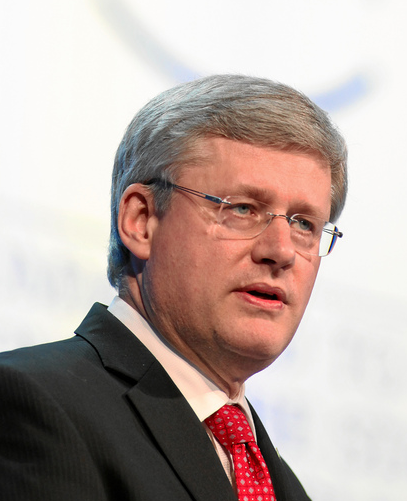
Steven Harper - Conservative Party
6 February 2006 - present day
Harpo, the Teflon Man, the current Prime Minister of Canada. Being the current Prime Minister he is naturally hated by anyone who disagrees with him and loved by those who don't, I fall in the former category and not the later. Harper has been an effective Prime Minister for one who has been plagued by minority governments, but his reign has not been one without controversy.
His cabinet is the largest in Canadian history, despite decrying large governments. He has made considerable senate appointments, despite running on a campaign of abolishing appointed senate for an elected one.
I have trouble remaining non partisan on this one to be honest.
© 2012 Jeff Johnston














